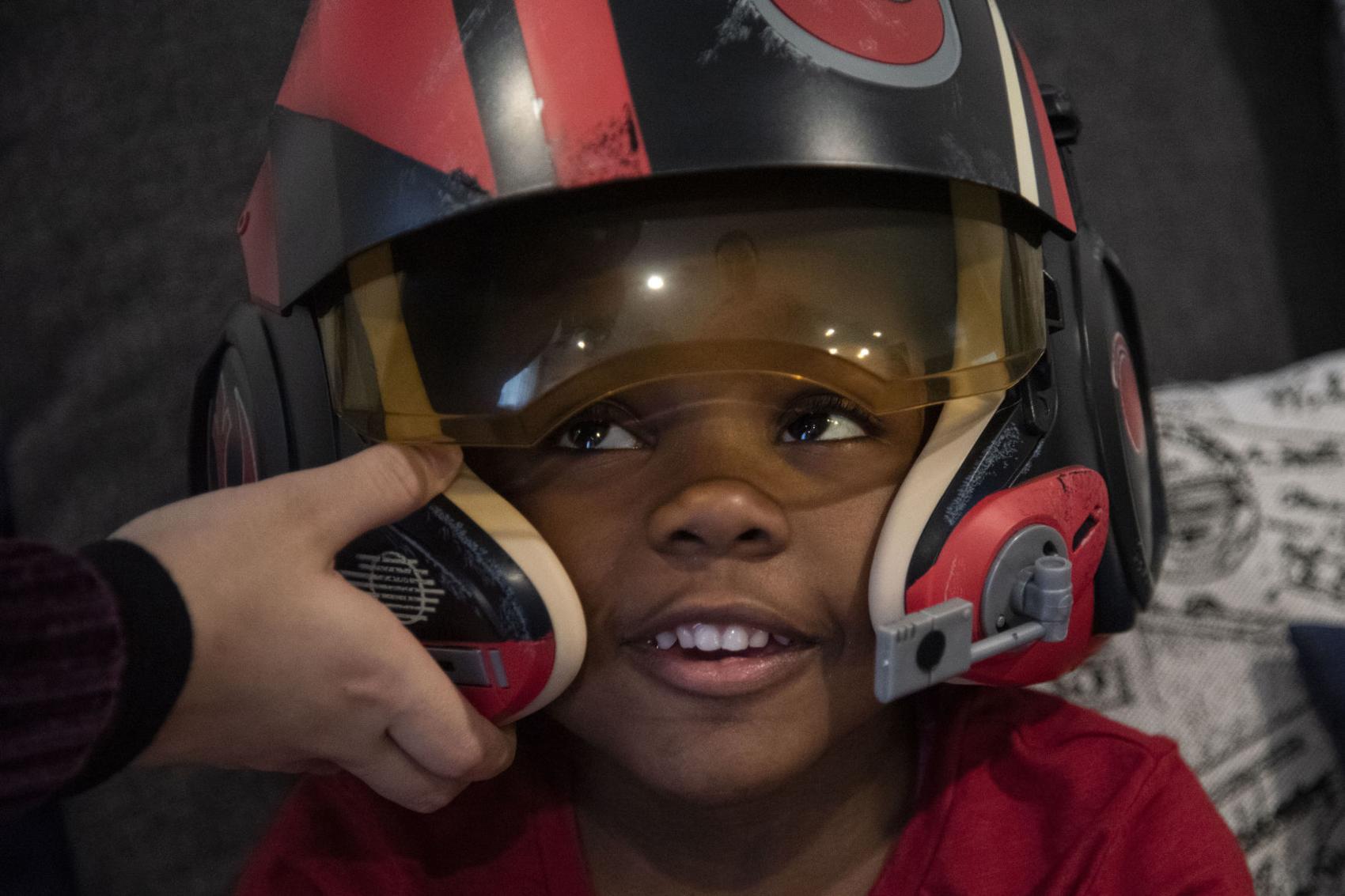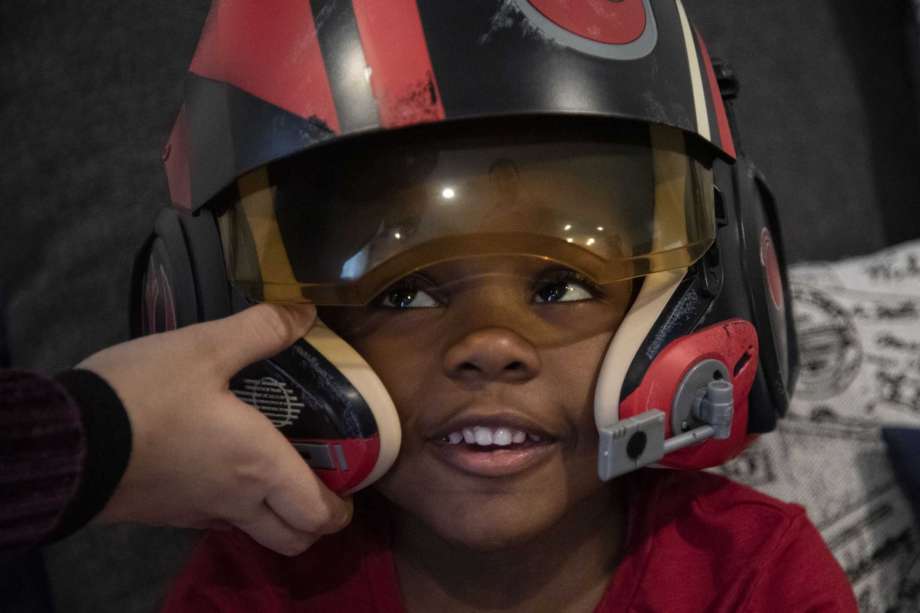Nature Knows and Psionic Success
God provides
Brain researchers warn that lack of sleep is a public health crisis

Za’miya New, 4, at her home in Indian Head, this month. She was participating in a study by University of Maryland researchers on napping. They put a helmet on Za’miya to simulate how she might feel in an MRI scanner. In the screen-lit bustle of modern life, sleep is expendable. There are television shows to binge-watch, work emails to answer, homework to finish, social media posts to scroll through. We’ll catch up on shut-eye later, so the thinking goes — right after we click down one last digital rabbit hole. Brain research, which has pushed back hard against this nonchalant attitude, is now expanding rapidly, reaching beyond the laboratory and delving into exactly how sleep works in disease and in normal cognitive functions such as memory. The growing consensus is that casual disregard for sleep is wrongheaded — even downright dangerous. Preschoolers who skip naps are worse at a memory game than those who snooze, even after the children “catch up” on sleep the next night. An alarming new line of research suggests poor sleep may increase the risk of Alzheimer’s, as even a single night of sleep deprivation boosts brain levels of the proteins that form toxic clumps in Alzheimer’s patients. All-nighters push anxiety to clinical levels, and even modest sleep reductions are linked to increased feelings of social isolation and loneliness. “It used to be popular for people to say, ‘I’ll sleep when I’m dead.’ The ironic thing is, not sleeping enough may get you there sooner,” said Daniel Buysse, a professor of sleep medicine at the University of Pittsburgh. The research is changing policy in some areas, with school officials, for example, considering whether to push back school start times to better match teenagers’ sleep cycles. The National Sleep Foundation will hold its first consumer expo […]
Click here to view full article
Brain researchers warn that lack of sleep is a public health crisis

Za’miya New, 4, at her home in Indian Head, Md., this month. She was participating in a study by University of Maryland researchers on napping. They put a helmet on Za’miya to simulate how she might feel in an MRI scanner. less Za’miya New, 4, at her home in Indian Head, Md., this month. She was participating in a study by University of Maryland researchers on napping. They put a helmet on Za’miya to simulate how she might feel in an … more Photo: Washington Post Phot By Calla Kessler In the screen-lit bustle of modern life, sleep is expendable. There are television shows to binge-watch, work emails to answer, homework to finish, social media posts to scroll through. We’ll catch up on shut-eye later, so the thinking goes – right after we click down one last digital rabbit hole. Brain research, which has pushed back hard against this nonchalant attitude, is now expanding rapidly, reaching beyond the laboratory and delving into exactly how sleep works in disease and in normal cognitive functions such as memory. The growing consensus is that casual disregard for sleep is wrongheaded – even downright dangerous. Recommended Video Speed Normal Quality Auto Quality Speed 0.25 0.50 0.75 Normal 1.25 1.50 1.75 00:00 00:00 Preschoolers who skip naps are worse at a memory game than those who snooze, even after the children "catch up" on sleep the next night. An alarming new line of research suggests poor sleep may increase the risk of Alzheimer’s, as even a single night of sleep deprivation boosts brain levels of the proteins that form toxic clumps in Alzheimer’s patients. All-nighters push anxiety to clinical levels, and even modest sleep reductions are linked to increased feelings of social isolation and loneliness. "It used to be popular for people to say, […]
Click here to view full article

Leave a Reply
You must be logged in to post a comment.